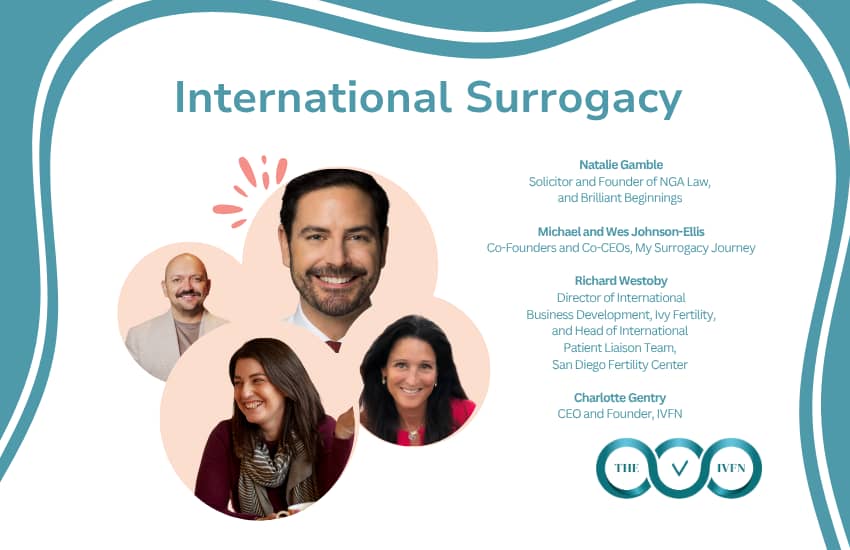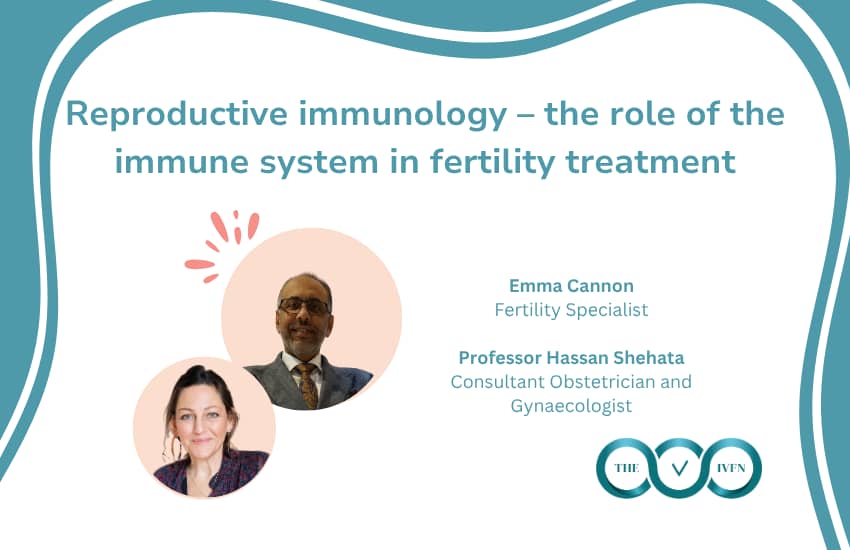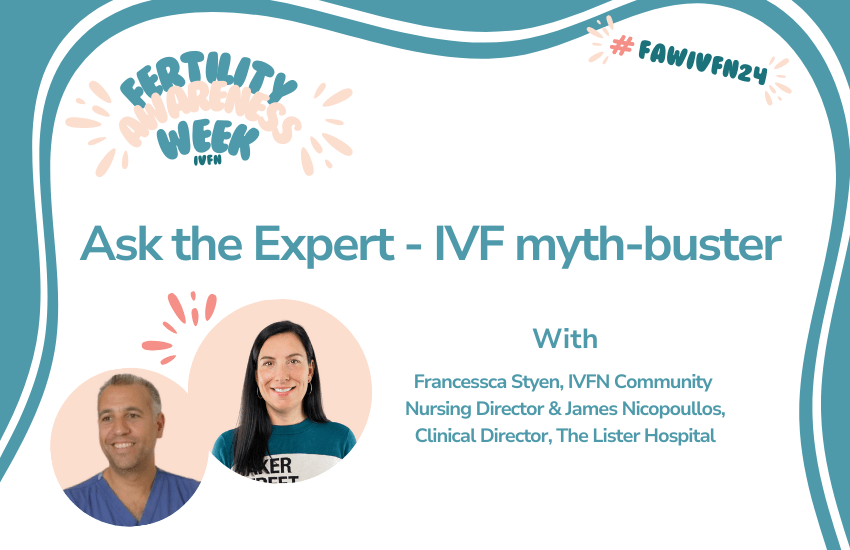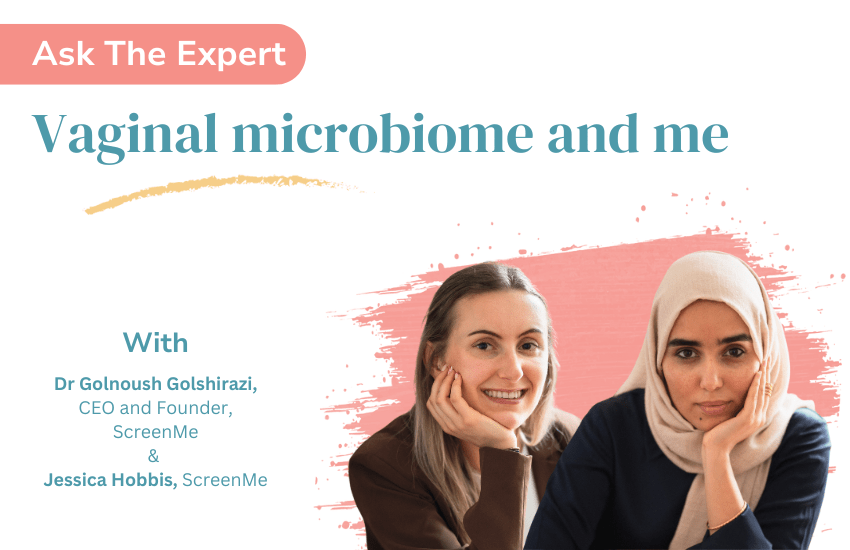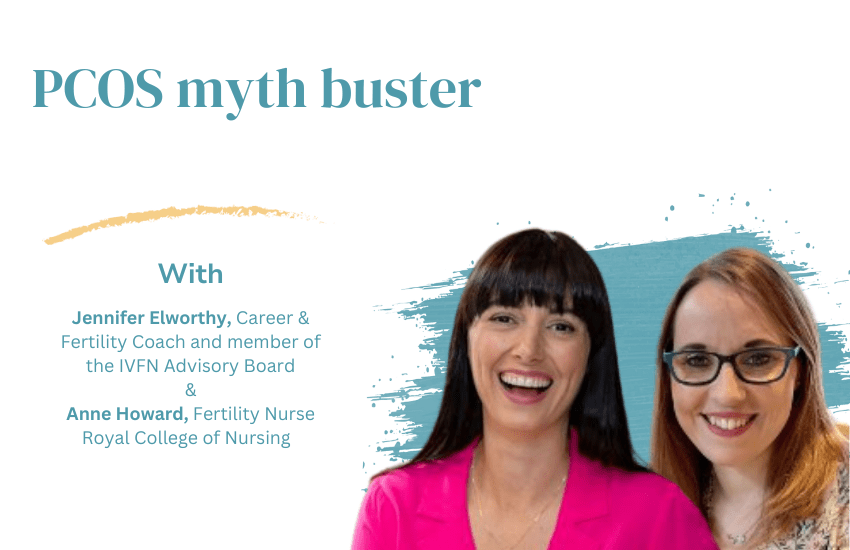Q&A with Emma Cannon (Fertility Expert & Mentor)

Join us to continue reading
This content is for premium members only, to read the full article log in to your account.
If you don’t have a premium membership yet, visit our Join us page.
Would you like your employer to pay for this?
For an obligation free chat to discuss how employer membership to The IFVN would work for your business, please contact us using this enquiry form.


